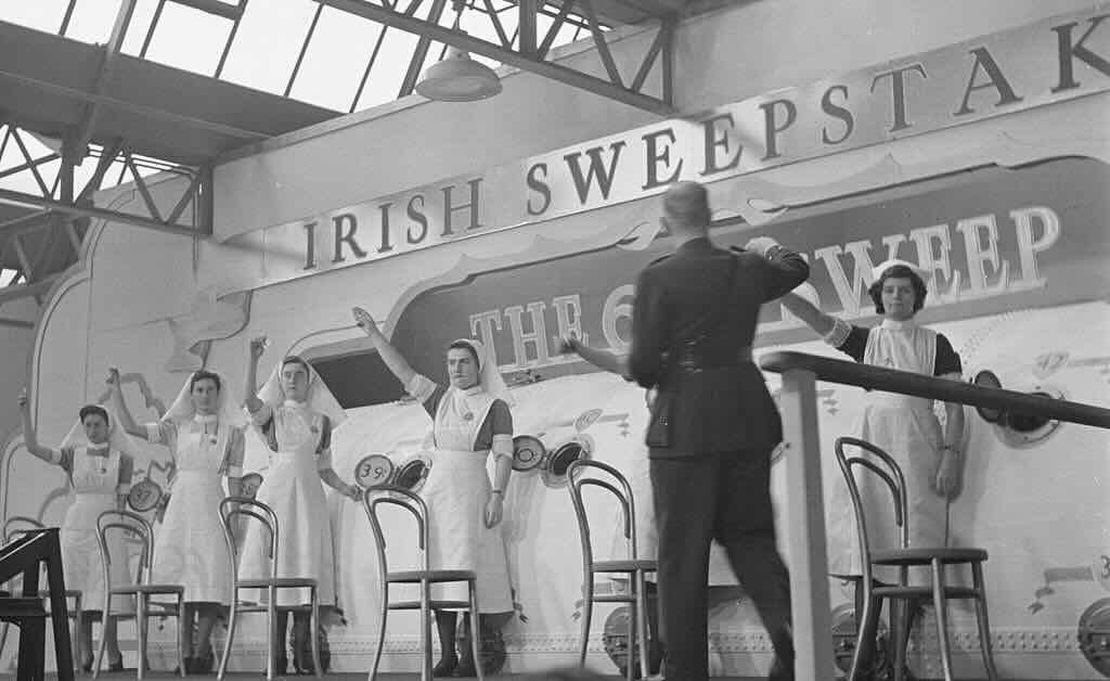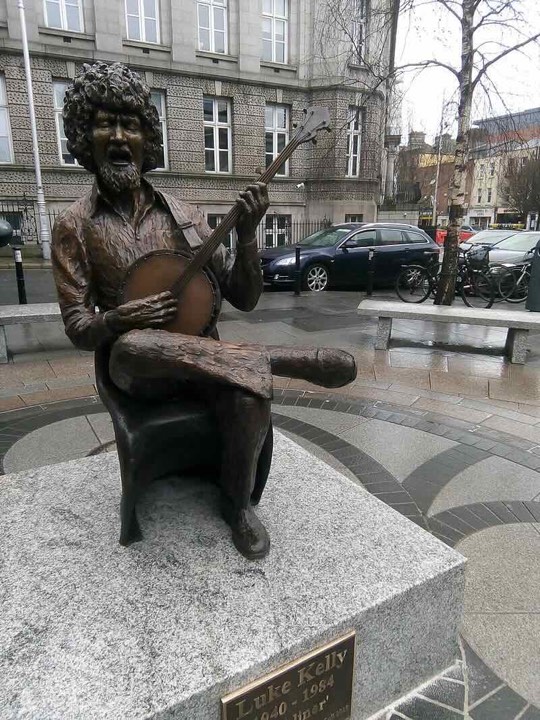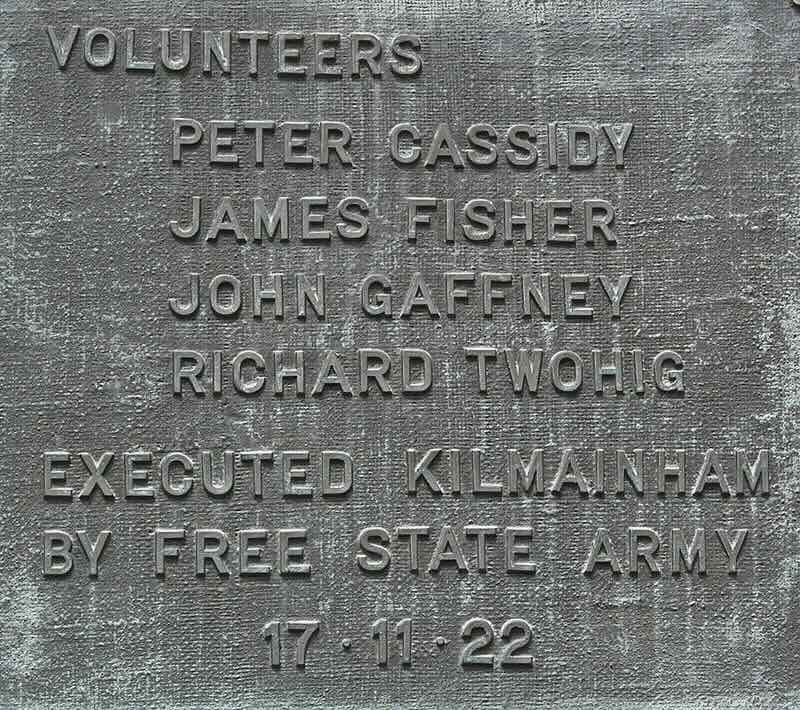- January 1, 1
The Irish Hospitals’ Sweepstake was a lottery established in the Irish Free State in 1930 as the Irish Free State Hospitals’ Sweepstake to finance hospitals. It is generally referred to as the Irish Sweepstake or Irish Sweepstakes, frequently abbreviated to Irish Sweep or Irish Sweeps.
The Irish Hospital Sweepstakes was a lottery-style fundraising initiative created to support hospitals in Ireland. The draw was organized by the Irish Hospitals’ Trust, and its purpose was to generate funds for the construction and maintenance of hospitals.
In the inaugural draw, three Belfast men shared a prize of £208,792. The sweepstakes became a significant fundraising effort and continued for several decades, contributing substantial funds to the healthcare system in Ireland.
The Public Charitable Hospitals (Temporary Provisions) Act, 1930 was the act that established the lottery; as this act expired in 1934, in accordance with its terms, the Public Hospitals Acts were the legislative basis for the scheme thereafter.
The ratio of winnings and charitable contributions to Sweepstake revenues proved low, and the scheme made its founders very rich.
The Sweepstake administrators wielded substantial political influence, allowing the scheme to flourish before it was finally wound up in the 1980s.
However, the Irish Hospital Sweepstakes also faced criticism over the years, and it eventually ended in 1986.
The Irish Hospital Sweepstakes drew both national and international participants, and its large prizes attracted widespread attention. The funds generated played a crucial role in supporting the development and improvement of healthcare facilities in Ireland.

 ← Birth of Luke Kelly of the Dubliners
← Birth of Luke Kelly of the Dubliners
 The Irish Free State begins the executions of seventy seven anti Treaty republican prisoners →
The Irish Free State begins the executions of seventy seven anti Treaty republican prisoners →